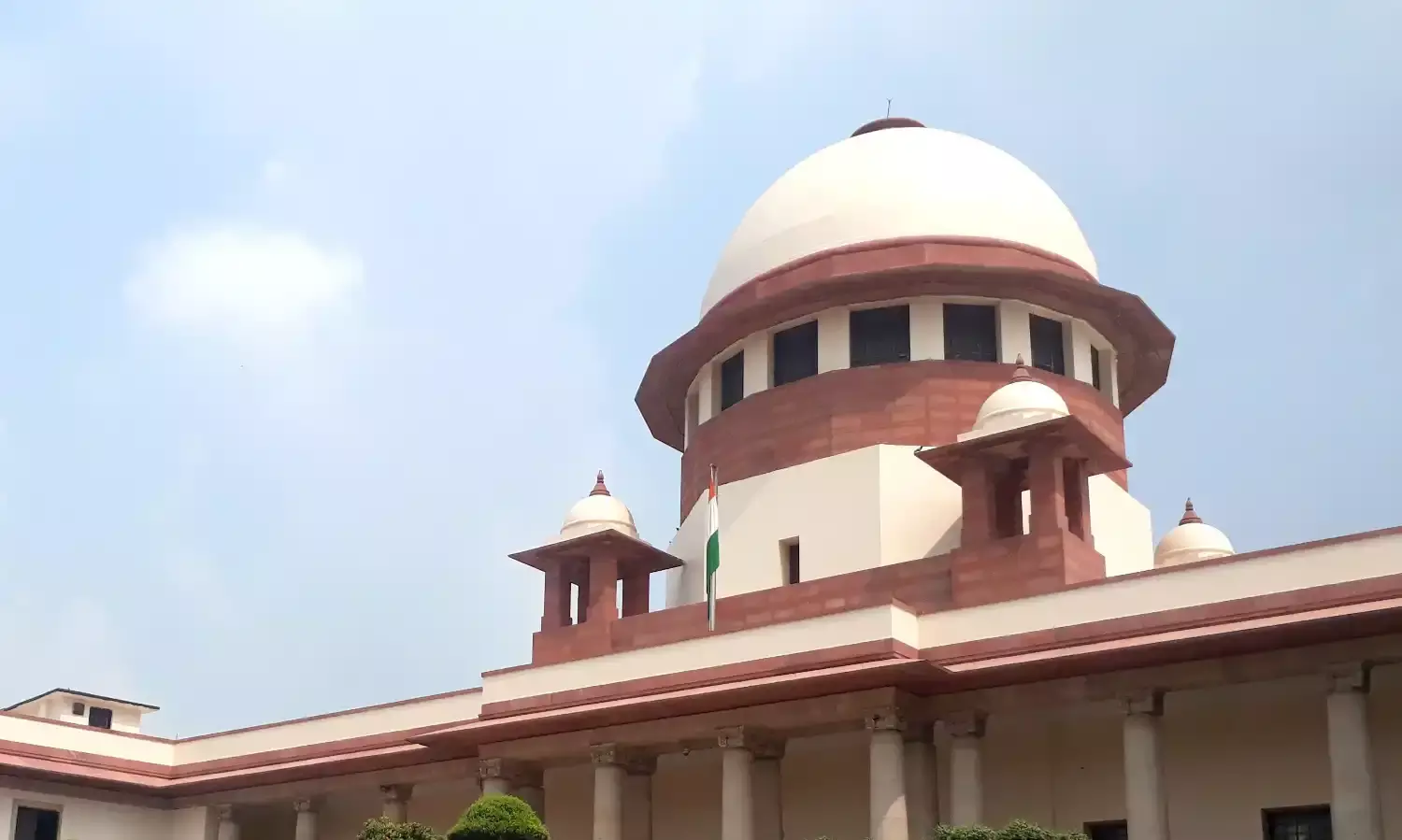Courts In Judicial Review Cannot Second Guess Suitability Of Candidate For Public Office: Supreme Court
Supreme Court has also reiterated that the distinction between “clean” acquittal and acquittal on account of benefit of doubt, is important while considering a candidature for public employment.
The Supreme Court while hearing the plea in the case of Commissioner of Police v. Raj Kumar has held that the State, as an employer, has an element of latitude or choice on who should enter its service and that the role of Courts in judicial review is limited to ensuring that the norms of recruitment are fair and reasonable, and are applied fairly, in a non-discriminatory manner.
While dealing with the recruitment of Police Constables, Court held that where the candidates applying for certain positions in the police force disclosed the criminal charges instituted against them along with the outcome of those cases, then each such case has to be scrutinized by the concerned public employer through its designated officials- more so, in the case of recruitment for the police force, who are under a duty to maintain order, and tackle lawlessness.
An appeal was preferred by the Commissioner of Police against the decision of the Delhi High Court quashing the rejection of the candidature of the Respondents to the post of Constable of Delhi Police.
Respondents (Raj Kumar, Shiv Singh, Deepa Tomar and Prem Singh Choudhary) had applied for the posts of Constable of Delhi Police in 2009. In their respective applications, they had specifically mentioned the criminal cases which were instituted against them and also their outcome viz. that the cases ended in compromise, in most of the cases.
The candidature of the Respondents was referred to a 'Standing Committee' to assess their suitability for employment in the police force. The Standing Committee rejected their candidature. The Central Administrative Tribunal (CAT) upheld the pleas of the Respondents thereby quashing the orders of the Standing Committee. Further, the orders of CAT were challenged by the Appellant before the Delhi High Court, which were dealt with and considered by a common impugned Judgment thereby rejecting the Appellant's plea under Article 226 of the Constitution and upholding the quashing by the CAT of the rejection of the candidature of Respondents.
The Appellant contended that considering the nature of the offences committed by each of them their candidature for selection in the police force was unsuitable.
The Supreme Court, while relying on precedents and analyzing the offences under which each of the Respondents were charged, held that the HC's observations about the youth and age of the candidates appeared to hint at the general acceptability of behavior that involves petty crime or misdemeanor. As per the Supreme Court, the impugned judgment indicated a broad view that misdemeanor should not be taken seriously, given the age of the youth and the rural setting. The Court held that such generalizations, leading to condonation of the offender's conduct, should not enter the judicial verdict and should be avoided. Court also held that the High Court while exercising its power under Article 226 cannot second guess the suitability of the candidate for any public office or post and the High Court went beyond its jurisdiction which is impermissible and is an exercise of the overreach of the judicial review process.
Further, the Court observed, "Public service - like any other, pre-supposes that the state employer has an element of latitude or choice on who should enter its service. Norms, based on principles, govern essential aspects such as qualification, experience, age, number of attempts permitted to a candidate, etc. These, broadly constitute eligibility conditions required of each candidate or applicant aspiring to enter public service. Judicial review, under the Constitution is permissible to ensure that those norms are fair and reasonable, and applied fairly, in a non-discriminatory manner."
Court held that each case is to be scrutinized by the concerned public employer, through its designated officials- more so, in the case of recruitment for the police force, who are under a duty to maintain order, and tackle lawlessness, since their ability to inspire public confidence, is a bulwark to society's security.
Supreme Court set aside the common impugned judgment of the High Court and the orders of the CAT, upholding rejection of candidature of the Respondents by the Appellant.




